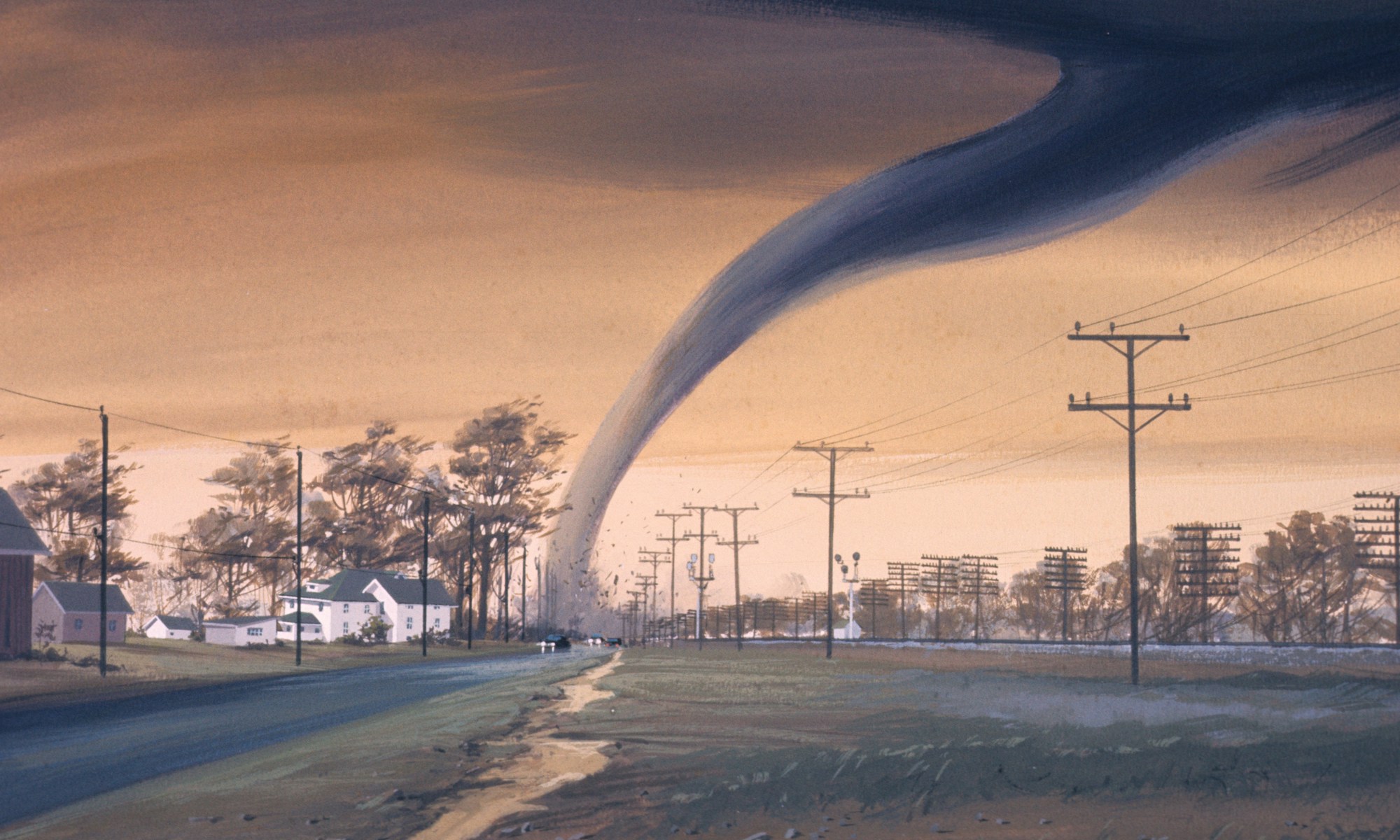15 March 2022 – by Deniz Saygi
Powerful tornadoes slammed a 200-mile path through six states in the Midwest and South of the United States last December, causing houses and factories to be demolished and approximately $5 billion losses. According to the reports, Kentucky is the worst-hit state concerning losses and casualties.
After being hit by tornadoes, a candle factory in Mayfield, Kentucky was levelled causing casualties. Moreover, police and fire stations were destroyed, giant trees were uprooted, homes were flattened and power lines went down.
After these unfortunate events, Joe Biden declared that he will require the Environmental Protection Agency to examine the role of climate change and global warming regarding recent tornadoes and storms.
In general, 1,500 tornadoes occur annually in the United States. The cluster of tornadoes that happened last December was exceptionally rare in terms of the season, the intensity and the length of the storm paths, experts state.
“It was really a late spring type of setup in the middle of December. Usually, there’s not a lot of instability in the winter that’s needed for tornadoes because the air isn’t as warm and humid. This time there was,’’ says Victor Gensini, a meteorology professor from Northern Illinois University.
The catastrophic effects of climate change are one of the drivers of the risks of hurricanes, wildfires, winter storms and hail storms because the rising temperature caused by global warming makes extreme weather conditions potentially more destructive. In light of these reasons, it is necessary to investigate the origins of extreme weather conditions in connection with climate change and take precautions accordingly – as suggested by scientists.






